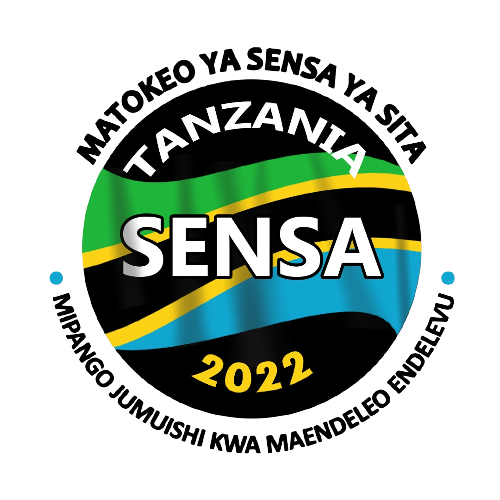Misingi Mikuu
The operations of the National Land Use Planning Commission (NLUPC) are guided by seven (7) core values detailed hereunder;
1. Management by Facts (MBF)
The staff and management commit themselves to be guided by facts in decision-making. There will be no room for gossip or rumours. In such an environment and customers will be served adequately and satisfactorily without any bias on whatsoever.
2. Professional Integrity
The Commission performs its duties and functions within the professional ethics and in accordance with applicable rules and regulations of the country. In exercising the professional integrity, the Commission is guided with the principle of honest and truthfulness of all of its dealings.
3. Results-Oriented and Client/Stakeholder Focused
In executing its activities, the Commission focuses on results and client/stakeholder needs. The result-oriented focus also influences the efficient allocation of the Commission’ limited resources. All of the financial and human resources are directed toward achieving the organizational results. The Commission is also focused on client/stakeholders needs by addressing their demands appropriately and promptly.
4. Continuously Learning, Improvement and Innovation
In order to continuously improve the way to serve clients/stakeholders, the Commission continues to learn, improve and innovate its approaches regularly. This learning process intends to keep the Commission updated on the various developments which take place in the environment. In a way, this also increases the Commission potentialities of addressing land use planning and management related issues in the country.
5. Team work
Effective management requires team work at all levels in the Organization. There should be commitment to work as teams for the benefit of the clients/stakeholders. Teamwork arrangement also increases awareness of the various Commissions’ activities among employees and management. This, in a way, minimizes unnecessary institutional clashes and maximizes the Commission’s productivity.
6. Proper Utilization of Information and Effective Communication
The Commission makes proper and appropriate utilization of the information and communication systems. It clearly and effectively communicates and informs clients/stakeholders various issues of importance to them for awareness and helping them to make appropriate decision in the course of dealings. This enhances team culture and strengthens friendly relationship between the Commission and the clients/stakeholders. This also enhances the Commission’s quality service delivery.
7. Pro-activeness
The Commission’s pro-activeness is demonstrated through its ability to take advantages of the various opportunities related to its core functions. The pro-activeness also assures the maximum satisfaction to the clients/stakeholder. This is attributed to the fact that appropriate land deals obtained by the Commission are normally transferred to the client in form of cost saving and/or improved service delivery. In the course of exercising this core value, the Commission makes analysis of the future net benefits (future benefits less future costs) before merely rushing to the land related opportunities.





